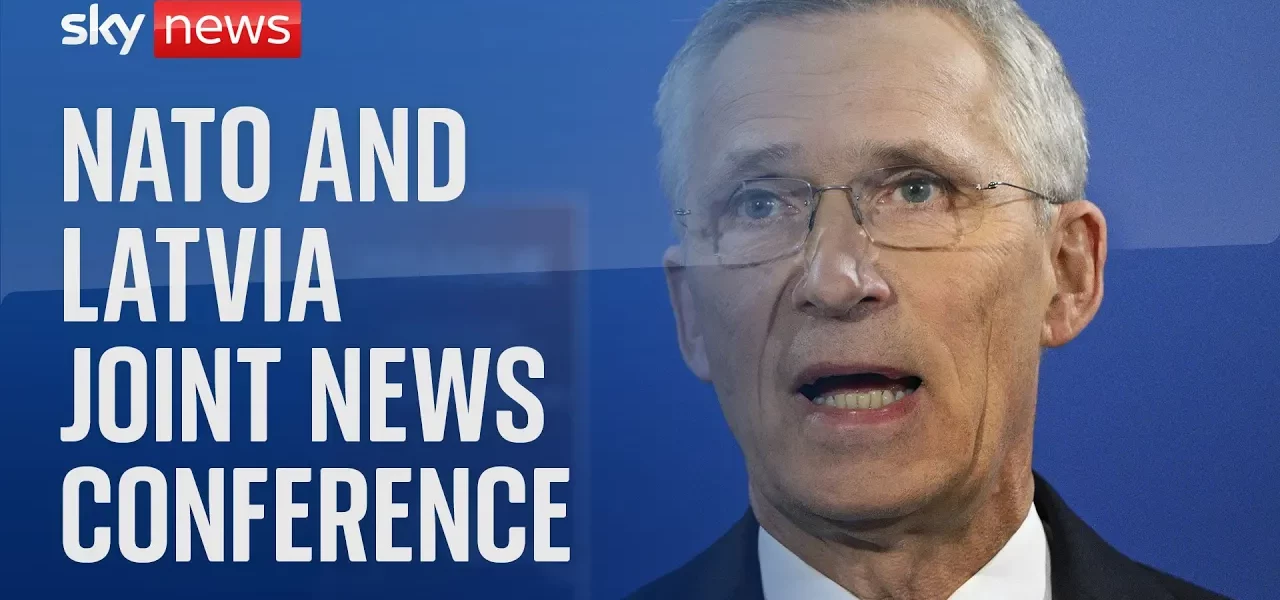Ukraine’s NATO Membership: Strengthening Security and Cooperation

This article explores the ongoing discussions regarding Ukraine’s NATO membership, the strategic collaboration with the European Union, and the broader implications for security in the region.
Introduction
The topic of Ukraine’s potential NATO membership has gained significant attention in recent years, particularly in light of ongoing security challenges in the region. As Ukraine seeks to strengthen its ties with NATO, it not only aims for military integration but also seeks to enhance its cooperation with the European Union. This article delves into the various aspects surrounding Ukraine’s NATO membership, including the historical context, current discussions, and future implications for regional security and cooperation.
The Context of Ukraine’s NATO Membership
Ukraine’s relationship with NATO has evolved, particularly following the illegal annexation of Crimea in 2014. This event marked a turning point, prompting NATO to reassess its role in Eastern Europe and the importance of collective defense. The following subsections provide an overview of the historical context and the current state of discussions regarding Ukraine’s membership.
Historical Background
Since the dissolution of the Soviet Union, Ukraine has sought closer ties with Western institutions. The annexation of Crimea catalyzed this desire, as Ukraine recognized the need for stronger security guarantees. NATO’s response has been to enhance its presence in Eastern Europe, which is a crucial step towards supporting Ukraine.
Current Discussions on Membership
Recently, discussions have intensified regarding Ukraine’s path to NATO membership. Key points include:
- Concrete steps towards military integration.
- Enhanced cooperation with European partners.
- Strengthening of NATO’s southern flank.
Strengthening NATO’s Southern Flank
As part of the strategic discussions, there is a focus on improving the security of NATO’s southern flank. This involves cooperation with countries in Asia and the Pacific, in addition to strengthening ties with European nations.
Cooperation with Asian and Pacific Countries
Engaging with partners in Asia and the Pacific is vital for a comprehensive security strategy. This includes:
- Joint military exercises.
- Intelligence sharing.
- Collaborative defense initiatives.
Implications for Regional Security
The implications of strengthening NATO’s southern flank are profound. It not only enhances deterrence against potential aggressors but also fosters a collective security environment that benefits all member states.
Celebrating NATO Leadership and Contributions
During recent discussions, leaders took the opportunity to acknowledge the contributions of NATO Secretary General Jens Stoltenberg over the past decade. His leadership has been instrumental in guiding NATO through a period of significant change.
Recognizing Contributions
Among the highlights was the presentation of Latvia’s highest state award to Stoltenberg, recognizing his efforts in enhancing NATO’s effectiveness and cooperation among member states. This gesture underscores the importance of collaboration in addressing security challenges.
The Anniversary of NATO
This year marks significant anniversaries for NATO, including:
- 75 years since NATO’s foundation.
- 20 years of Latvia’s membership in NATO.
These milestones serve as a reminder of the enduring commitment to collective defense and security.
Conclusion
In conclusion, Ukraine’s path towards NATO membership is a multifaceted issue that encompasses historical context, current discussions, and strategic cooperation with European and global partners. As NATO continues to strengthen its collective defense mechanisms, the implications for regional security are significant. It is imperative for all stakeholders to remain engaged in discussions and actions that support Ukraine’s security aspirations while fostering a robust NATO alliance. For more information on NATO and its initiatives, visit our related articles on [NATO’s Role in Global Security](#) and [The Importance of Collective Defense](#).
“`




